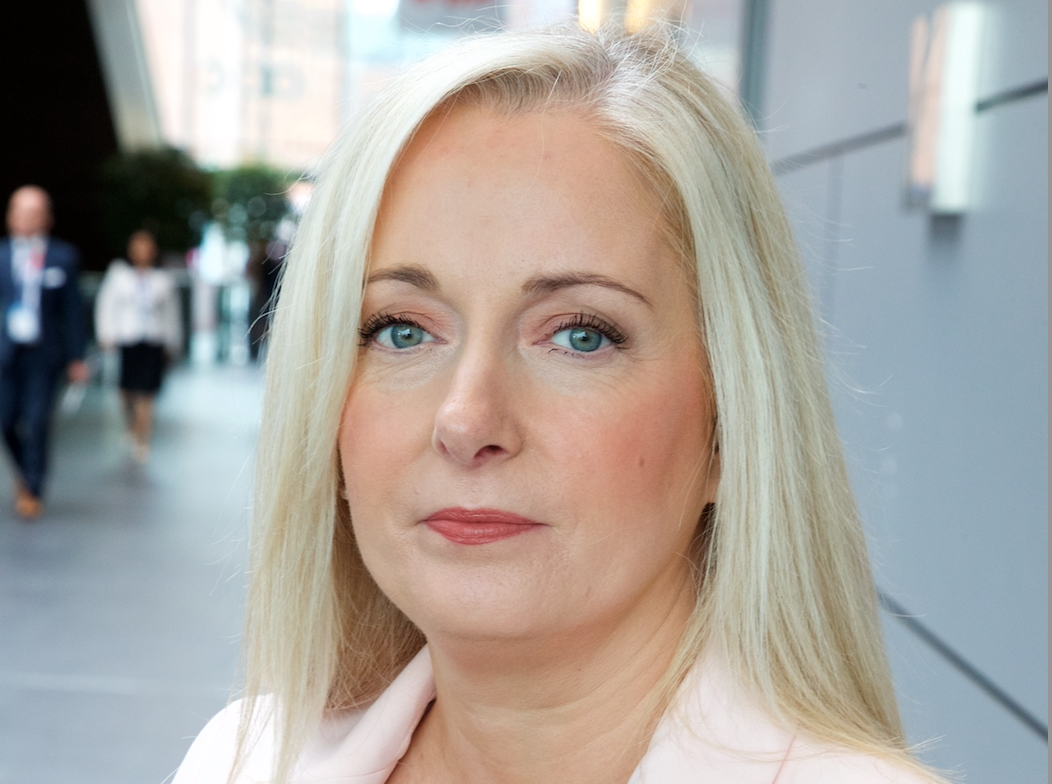
The SoR has welcomed a pay offer from the Northern Ireland executive that will bring pay scales back in line with England, but warns this is merely a starting point that does not address broader issues.
The pay offer provides a 5 per cent consolidated pay offer backdated to April 2023, as well as a non-consolidated lump sum of up to £1,505 for staff on Agenda for Change contracts who have been working in the HSC during the 2023-24 period.
'An important first step'
Cora Regan, Northern Ireland national officer for the Society, said: “The Society of Radiographers is pleased that there has finally been a pay offer made to public-sector workers in Northern Ireland. It’s an important first step – but it doesn’t come close to recognising our members’ needs and the needs of the radiography profession as a whole.”
Ms Regan explained that radiographers, alongside other public sector workers, have waited a long time for this pay award.
“Now, as we start the 2024-25 pay review, they will at least be at the same starting point as their colleagues in England. However, let there be no mistake: this is not a good starting point. It is simply better than it previously was – when radiographers in Northern Ireland were the worst paid in the United Kingdom," she said."
“Nor is this offer a good one: it is below inflation, and therefore merely increases the pay gap that has built up over the last 15 years. The pay offer also includes a one-off payment that will have no long-term benefit for families struggling to plan for the future during a cost-of-living crisis.”
'Brain drain'
Radiography professionals support nine out of 10 patients in Health and Social Care Northern Ireland (HSC). They work in diagnostic services, carrying out X-rays, MRI and CT scans, and in therapeutic services, planning and delivering radiotherapy to cancer patients.
As a result, HSC is struggling to recruit and retain radiographers, meaning that 188,850 people in Northern Ireland – nearly 10 per cent of the population – are now waiting for a diagnostic test. This wait means that treatment such as radiotherapy is delayed and cases become more complex – and, for some patients, even a two-week delay can mean the difference between life and death.
Ms Regan added: “[This pay offer] is going to do nothing to stop the brain drain of radiographers to the Republic of Ireland, where the starting salary for a Band 5 radiographer will still be more than £5,000 higher than in Northern Ireland. If radiography professionals living near the border can work in a hospital 20 minutes’ drive away and earn £5,000 more, why would they choose to work in Northern Ireland?”
'Political and budgetary instability'
The SoR has highlighted its concerns in its submission to the NHS Pay Review Body in England and Wales. The Society will be discussing the situation in Northern Ireland in its oral evidence, and in a submission to the Northern Ireland assembly.
Robin Swann, Northern Ireland minister for health, said: "I said on taking office that my first priority was to get pay settlements over the line for staff. This is a positive step in that direction and I commend the constructive negotiations that have taken place with trade unions representing Agenda for Change staff.
"The unions will now ballot their members and I want them to be given the time and space for this to happen. Staff are the backbone of health and social care services and deserve to be properly rewarded for their work.
"Staff pay settlements for 2023/24 are long overdue, having been delayed by political and budgetary instability.”
In January, members of the SoR participated in a “Generalised Day of Action” across the public sector, including health, education, civil service and others, in hopes of breaking the “political deadlock” in the region around the subject of pay.
(Image: Cora Regan)
